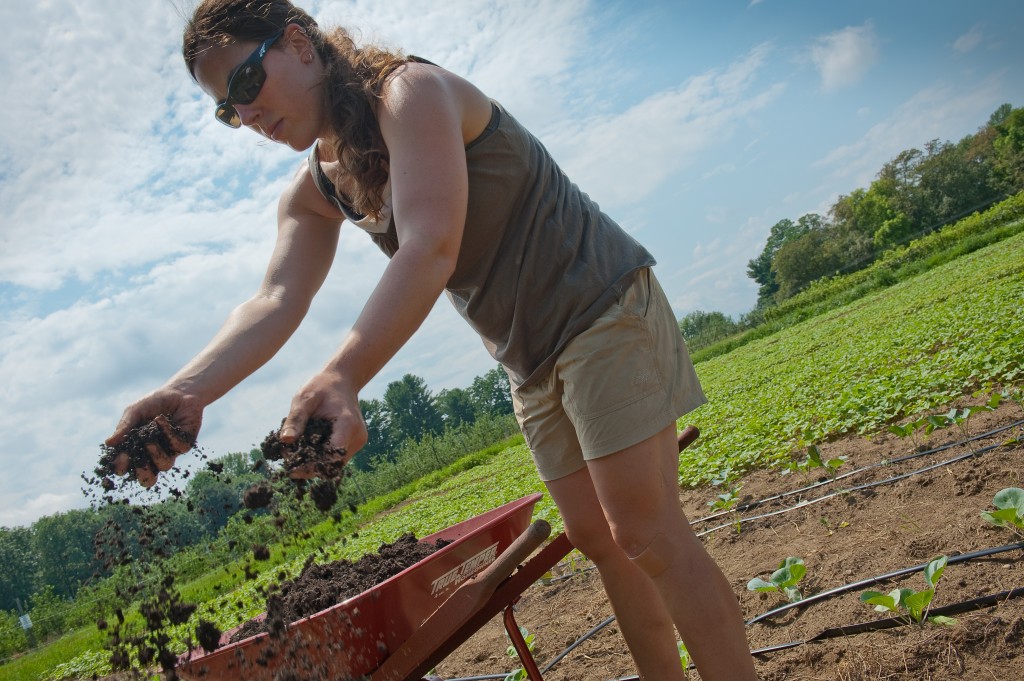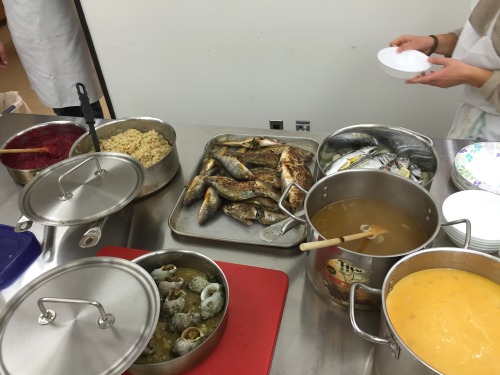What could possibly be wrong with a commercial that shows a number of light-skinned hipsters descend on an indigenous village in the mountains of southern Mexico? That features these hipsters building a giant red Christmas-tree-like abomination that prominently features the words “remain united” in Mixe, the local indigenous language, spelled out in tiny lights made of Coca Cola bottle caps? All while photogenically consuming and “sharing” copious amounts of that dark, sugary liquid known as coke, in all of its presentations? Everything, of course.
The racism and colonialist notions of the commercial immediately caught the eye of indigenous activists, and after a short run, the Coca Cola Company pulled the commercial (you can still watch it at https://youtu.be/ZZHA0MwDL0Q ) and apologized by issuing a statement that it only had the best intentions (is there ever anybody who didn’t?). It stated that its message of friendship and equality had been misinterpreted, that in fact it had been designed as a way to fight prejudice, presumably by uniting all the consumers equally in a sugar high and universally increasing the rate of adult-onset diabetes.
It is this health aspect that features strongly in a reply by indigenous students from that same region, who produced their own version of the commercial (https://youtu.be/vJC6hGZyQos) pointing out the detrimental effects increased soft drink consumption has had in rural communities throughout Mexico.
Coca Cola is not new to communities. Its presence dates back to the 1920s, and it has become a staple in the majority of households, festivities, and even religious rituals in some areas. Soft drinks in general have long been part and parcel of the modernization of the country. As a result, Mexico now has the fourth-highest per capita soft drink consumption in the world. The consequences are visible: Mexico leads the world in child obesity, and diabetes has become an epidemic. Mexico now has the dubious honor of ranking number one in sugared beverage related deaths, according to a study by Tufts University. As a result, there have been a number of initiatives aimed at lowering soft drink consumption, from increased taxes on soft drinks to PR campaigns by government agencies and private entities.
As the number one soft drink producer in Mexico, Coca Cola is now under siege, and just like any other industry that is under scrutiny, its reaction is green washing. It is pouring money into PR campaigns that play up the angle of sustainability and social responsibility. The introduction of green-labeled Coca Cola Life, its venture into the carbon credit market, and a wealth of imagery that links Coke to nature (and thereby implicitly to health) are all part of this re-branding campaign.
As the backlash against this latest commercial shows, however, even highly paid PR firms often underestimate the public’s intelligence.
Oliver Froehling lives in Oaxaca, Mexico, where he co-founded SURCO, a center for autonomous education and local activism. He is also a faculty member of UVM’s Oaxaca Semester Abroad.















